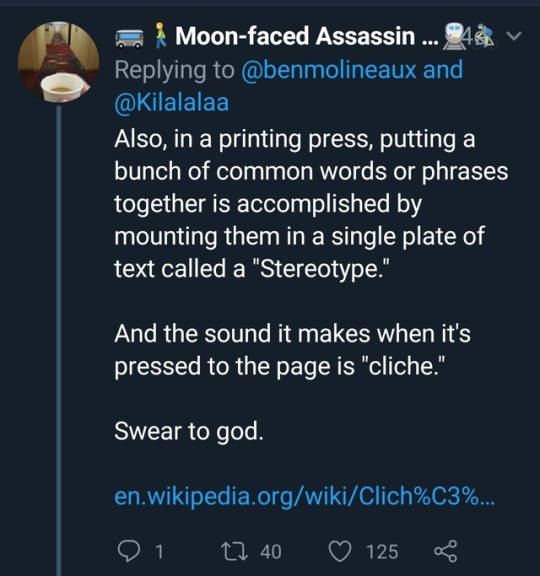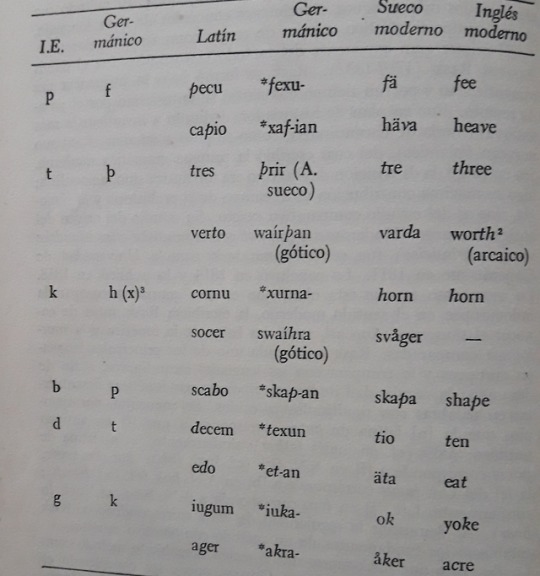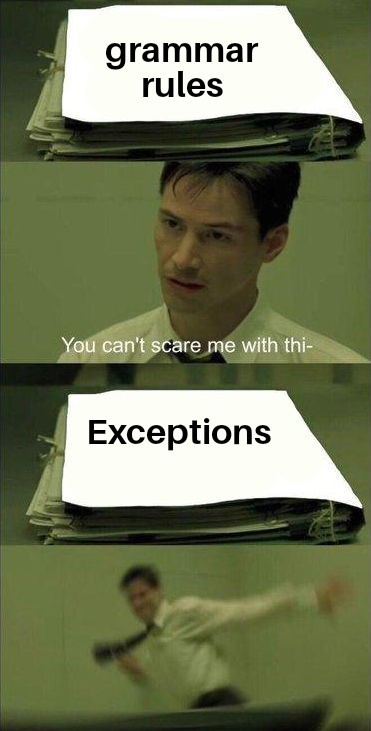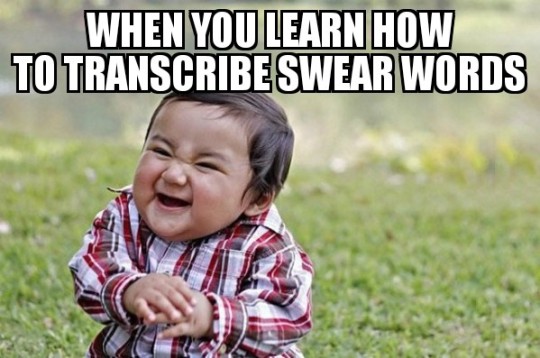Video
It warms my heart that Robert Irwin is the same goofball his father was
197K notes
·
View notes
Quote
We have to continually be jumping off cliffs and developing our wings on the way down.
Kurt Vonnegut, If This Isn’t Nice, What Is? (via quotespile)
1K notes
·
View notes
Photo





TIL (click to go to the thread, which probably has more interesting tidbits I missed).
Bonus:


131K notes
·
View notes
Quote
Love me when I least deserve it, because that’s when I really need it.
Swedish Proverb
(via purplebuddhaquotes)
795 notes
·
View notes
Text
The word prejudice is not evil. Prejudice chooses a lane in traffic. It puts on two matching socks in the morning and grabs avocado over zucchini at the buffet. Prejudice is our style. It’s the rhythm of our personality. Our prejudice is our identity. Shaming or stifling prejudice leads to self-abandonment. Group mind suppresses the identity…
The weapon used against it is shame. You know the assault is working by how much you clench up when you hear the word, “prejudice.” There is a strategy creating a demilitarized zone around the word. Prejudice is the freedom to pursue ourselves uninhibited. This word is the very definition of our identity. Our prejudice blazes a trail through all of our decisions. This trail is our signature as individuals. Prejudice is the enemy of mind control. Mind control works when we no longer trust our own choices.
- James True, Blueprints of Mind Control
40 notes
·
View notes
Text
How to learn a language and its culture together
1 Learn typical recipes (maybe try to recreate them)
2 Watch movies (not only the genres and themes you prefer, but watch their classic movies that everyone there already watched)
3 Listen to music (same as 2)
4 Watch and read the news (follow the news on social media)
5 Watch people travelling around the country
6 Follow youtubers (the vloggers who visit buildings, who talk about festivals and holidays and do stuff at the town)
7 Read books (you can read in english and then re-read in the target language, it’ll make easier)
8 Follow random people on social media (in that way you’ll can see the everyday language, photos of some city, political stuff, etc)
9 Follow meme pages - memes aren’t spaceless and timeless, they talk about some subject the people from that culture are talking about
10 Talk to natives and ask them about their daily lives
10K notes
·
View notes
Photo

“Grimm interpreta las nuevas correspondencias fonéticas regulares como resultado de un cambio, y considera que la correspondencia descubierta entre las consonantes oclusivas (p – t – k, b – d – g, etc.) de los lenguajes germánicos y las de otros idiomas europeos, es consecuencia de un corrimiento o mutación fonética (Lautverschiebung) que puede ilustrarse mediante las series siguientes (ver imagen)”
“En las anteriores series de ejemplos, las palabras latinas conservan las consonantes oclusivas indoeuropeas originales. Las formas germánicas son o bien reconstrucciones teóricas (señaladas con un asterisco), deducidas del examen comparativo de los más antiguos testimonios de diversos dialectos, o bien formas halladas efectivamente en los textos más viejos. En muchos casos, modificaciones fonéticas posteriores hacen difícil apreciar el efecto de la mutación consonántica en las formas actuales. Los anteriores ejemplos no incluyen todas las consonantes afectadas por la mutación; las labiovelares indoeuropeas [kꙻ ] y [gꙻ ], y las aspiradas indoeuropeas [bh], [dh], etc., no se han incluido.”
“Estas correspondencias suelen denominarse Ley de Grimm, aunque la verdad es que ya Rask las había formulado antes, independientemente. Grimm, sin embargo, no se contenta con la pura compilación de correspondencias; deduce de ellas un proceso histórico, la mutación fonética germánica. En alguna época, en el pasado remoto, en algunas de las áreas en donde se hablaba el indoeuropeo ocurrió una mutación en la pronunciación de las consonates oclusivas. Las oclusivas sordas se convirtieron en fricativas, y las sonoras se ensordecieron. Los resultados de este cambio son uno de los rasgos más importantes que distinguen al grupo germánico de los otros dialectos del indoeuropeo.”
- Los nuevos caminos de la lingüística, Bertil Malmberg.
5 notes
·
View notes
Photo

279 notes
·
View notes
Link
"Linguists have devised an international phonetic alphabet to represent the sounds of human languages in systematic ways, regardless of writing systems. They have also studied ancient documents to trace how modern languages, such as English and French, have developed from older languages like Anglo-Saxon and Latin, uncovering principles of language change and devising theories to model them. They work tirelessly to understand how language is used to encode social meaning and how the grammar and sounds of languages are structured at an abstract level."
81 notes
·
View notes
Photo

787 notes
·
View notes
Quote
...there exists a remarkably stark contrast between the direction of curricula and the context in which language education takes place in the United States. To be frank, static curricula are poor shadows when compared to the growing vibrancy of linguistic diversity enriching communities of the United States with increasing frequency. And, despite the normal round of xenophobia following the September 11th attacks and the “freedom fries” retaliation to the French position on the Iraqi war, world language education in our context may remain relatively unscathed by current global events. That should concern us most of all."
"“Why should it concern us?” Certainly the anti-German hysteria almost a century ago in the United States affected German language enrollments and programs negatively and such a trend would make sense in the case of French. Granted. But a greater danger looms, I contend, in that the comparative silence serves as evidence of a much greater hazard; namely, that world language education in the United States has become largely extraneous to the national dialogue. Students who eventually become adult residents of the United States may see absolutely no connection between their world language learning experiences and their daily lives. They spent a few years in language classrooms in high school or college, but “didn’t learn anything.” This apparent failure is far from a simple matter.
Terry Osborn, Teaching World Languages for Social Justice.
3 notes
·
View notes







